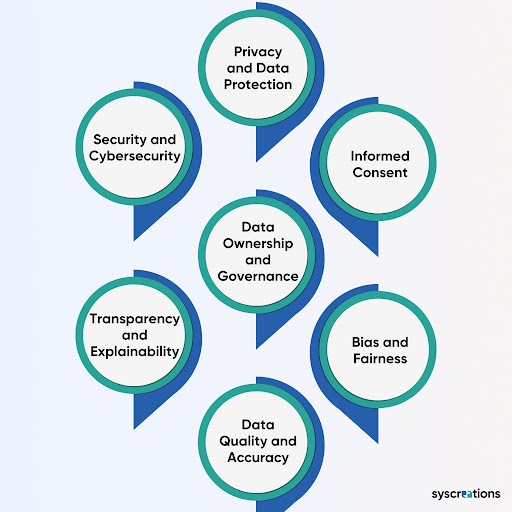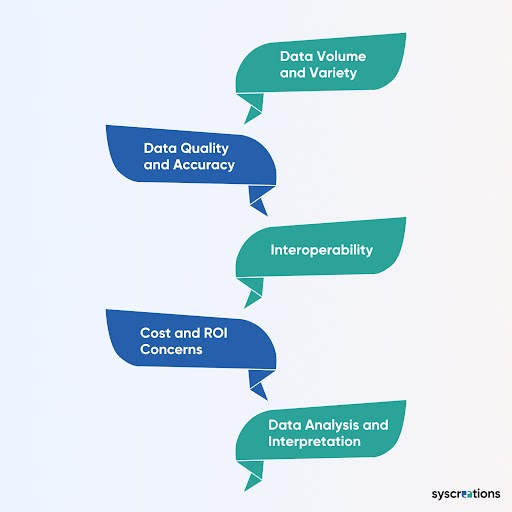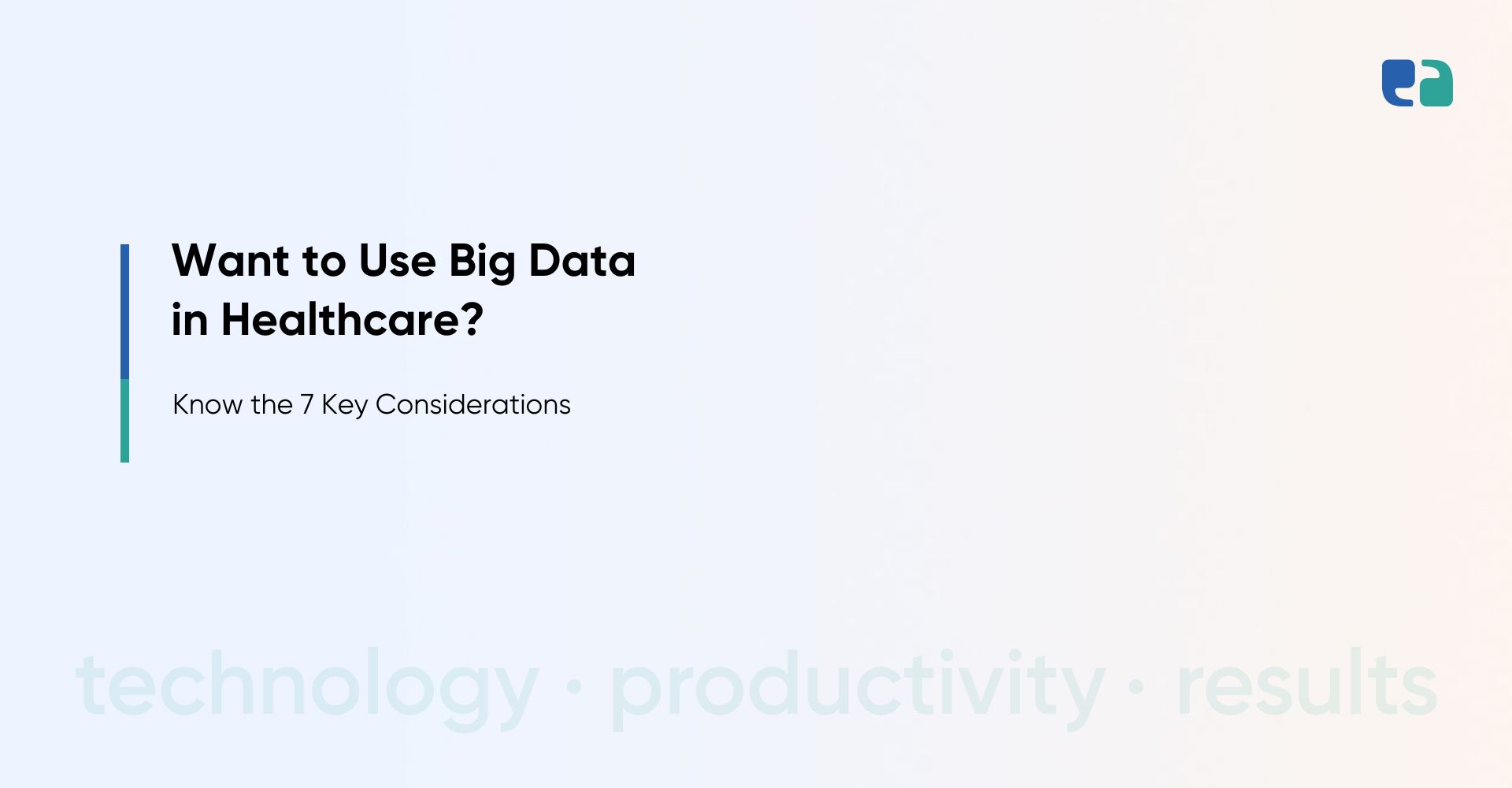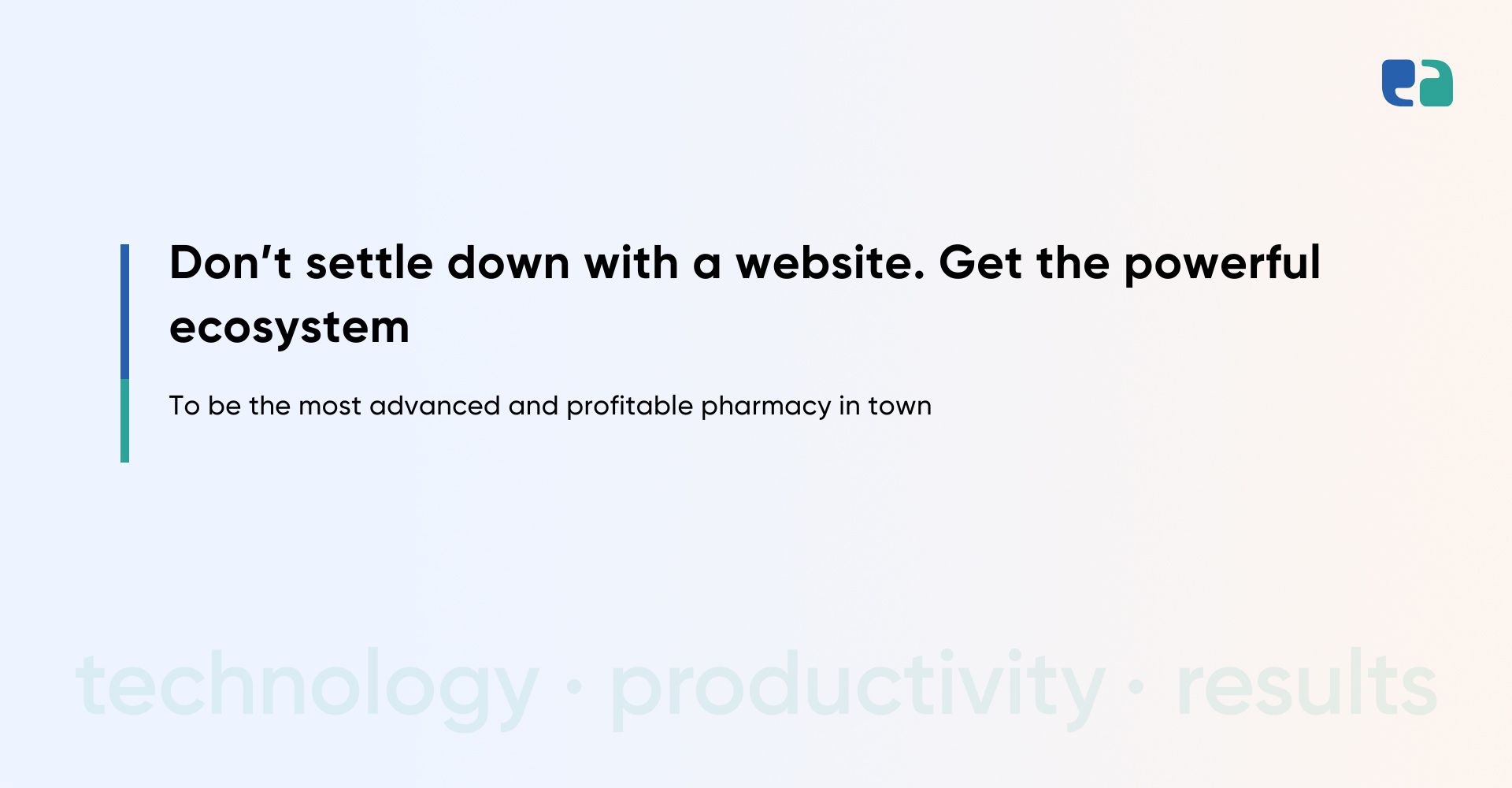Data is king.
This is more true in the healthcare industry than in any other.
With the advent of big data, medical professionals now have access to a wealth of information that can help them provide better care.
Let’s understand some real-life examples of how big data is revolutionizing healthcare and why it’s so important for the future of medicine.
So buckle up, and get ready to discover the exciting world of big data in healthcare!
How Big Data Can Improve Patient Outcomes in Healthcare?

What Ethical Considerations Should be Kept in Mind when Using Big Data in Healthcare?
The use of big data in healthcare brings immense potential for healthcare professionals.
From improving patient outcomes to driving medical research forward, it’s clear that we’re on the cusp of an exciting new era.
But great power comes with great responsibility, and we must tackle the ethical challenges head-on.
We have listed some key ethical considerations that should be kept in mind when using big data in healthcare:

What Challenges Does the Healthcare Industry Face in Collecting and Analyzing Big Data?

Big data in healthcare has emerged as the solution to many healthcare challenges.
By using it in your organization, you will be able to provide more personalized care to your patients and improve patient satisfaction and experience.
This can give a financial boost to your organization.
After all, patient satisfaction is one of the most crucial factors in healthcare.
To get started, simply locate and click on the “Contact” button in the top right corner of the page. From there, please provide us with your details, and our team will be happy to present you with a variety of excellent options to choose from.



